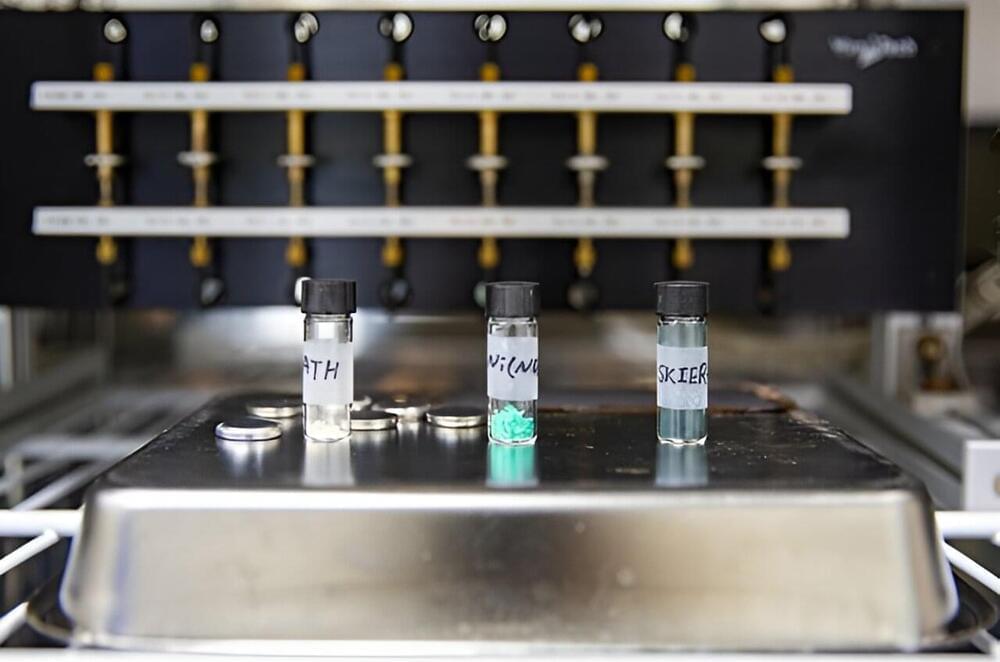The Korea Institute of Energy Research (KIER) has developed a redox-active metal-organic hybrid electrode material (SKIER-5) for Li batteries that remains stable in cold conditions as low as minus 20 degrees Celsius. By addressing the limitations of graphite as an anode material of conventional Li batteries under freezing conditions, SKIER-5 has the potential to be a superior alternative. This novel material can be used in Li batteries for a variety of applications, including electric vehicles, drones, and ultra-small electronic devices, even at low temperatures.
Currently, graphite is the conventional material used for anodes in lithium-ion batteries due to its thermodynamic stability and low cost. However, batteries with graphite anodes have significant drawbacks: their storage capacity sharply decreases at subzero temperatures, and dendrites can form on the anode surface during charging. This can lead to thermal runaway and potential explosions.
A research team led by Dr. Jungjoon Yoo, Dr. Kanghoon Yim, and Dr. Hyunuk Kim at KIER has developed a redox-active conductive metal-organic framework called “SKIER-5.” This framework is assembled from a trianthrene-based organic ligand and nickel ions. SKIER-5 exhibited a discharge capacity five times higher than that of graphite in subzero environments.
